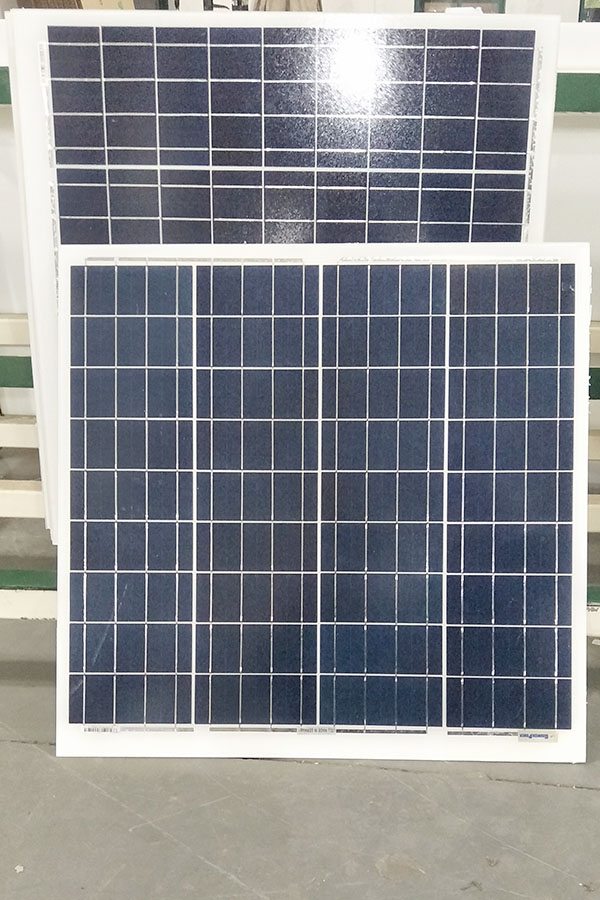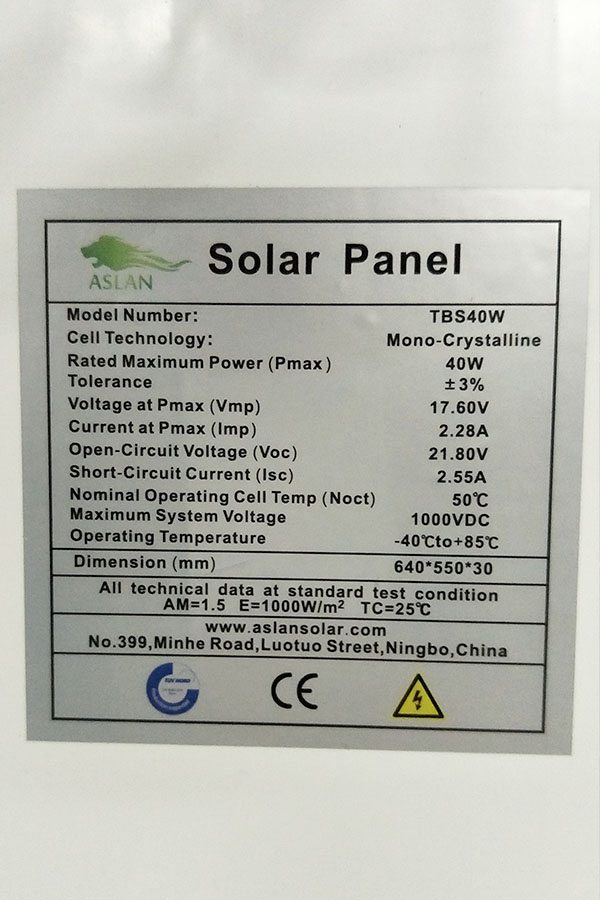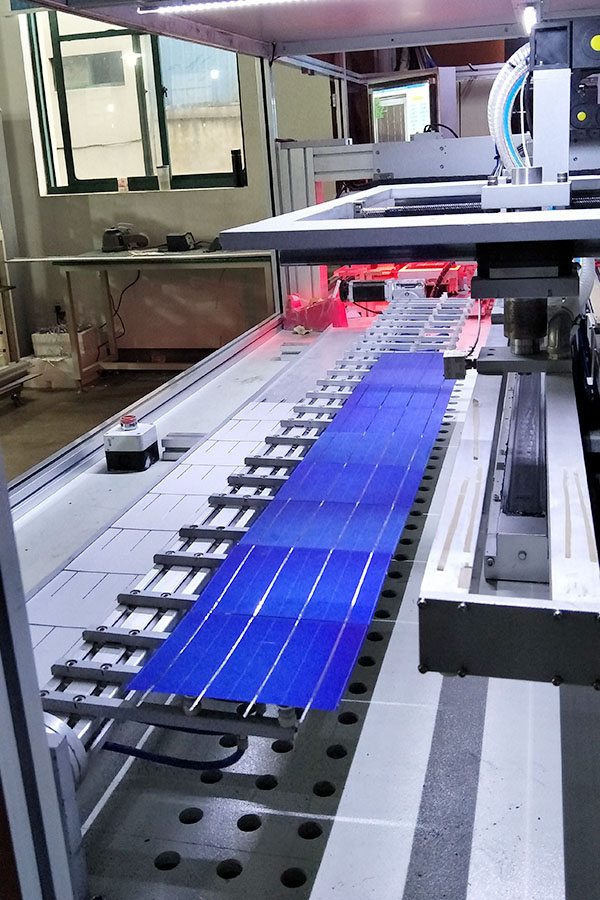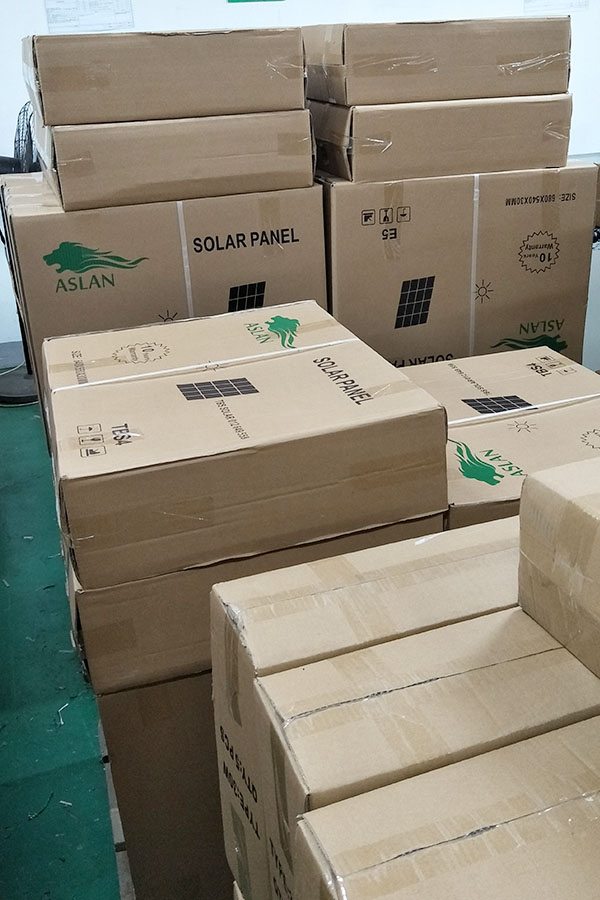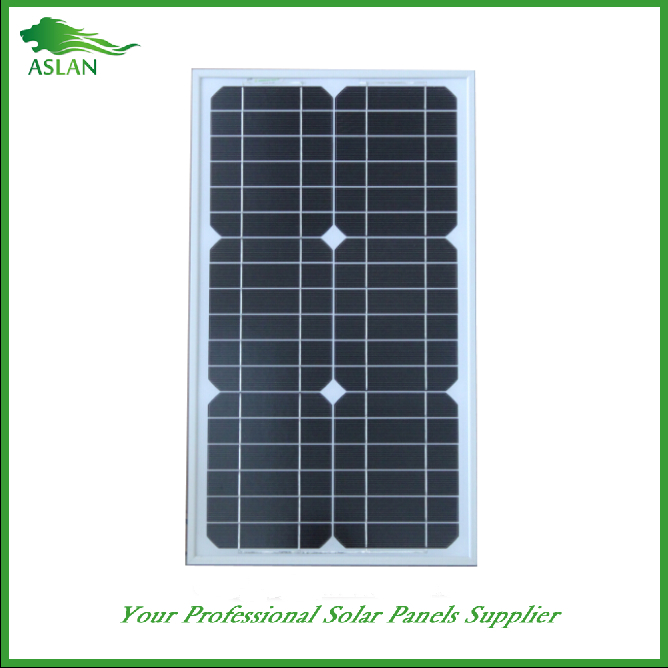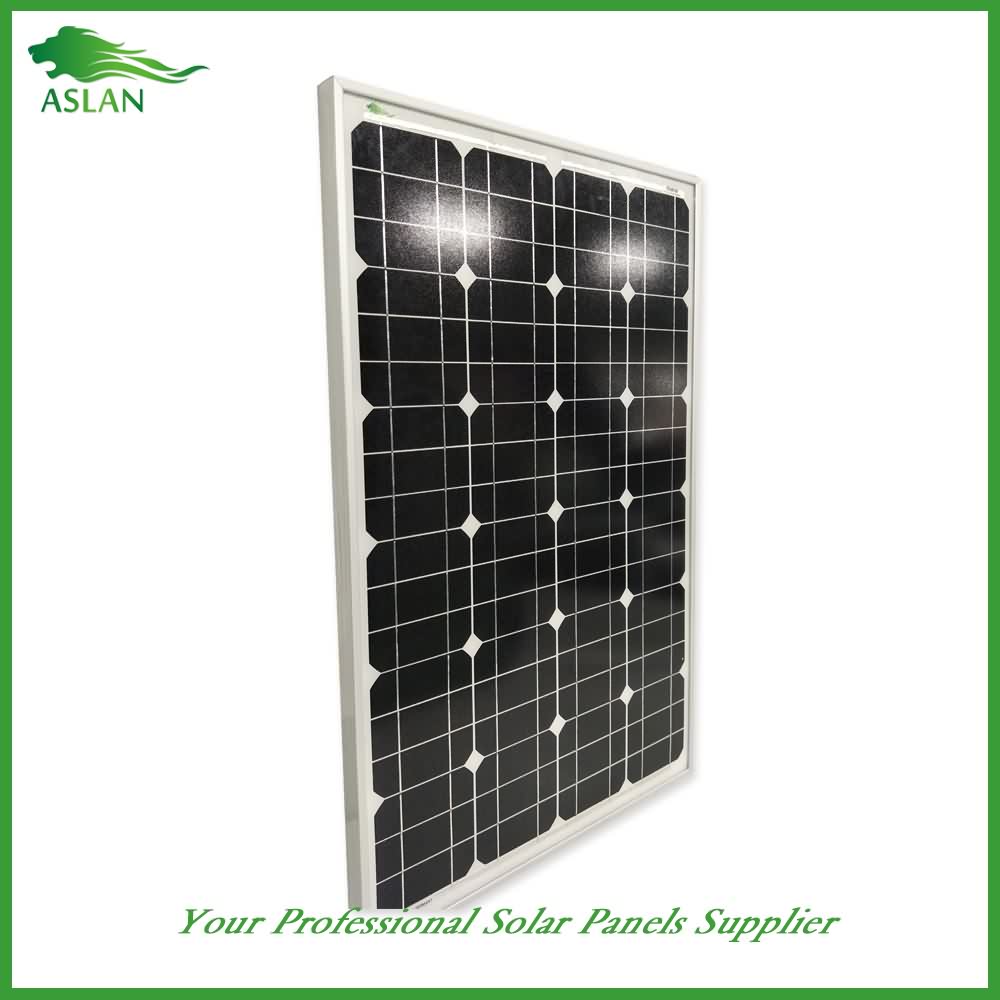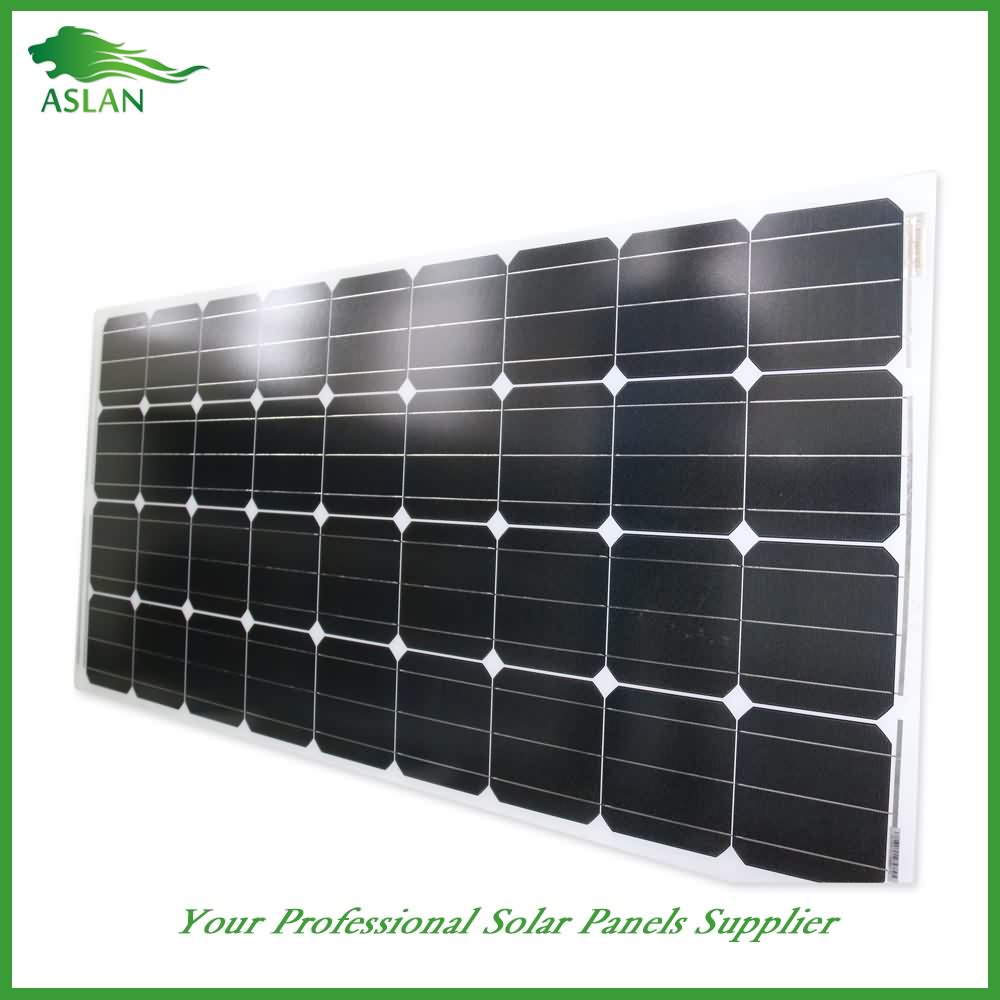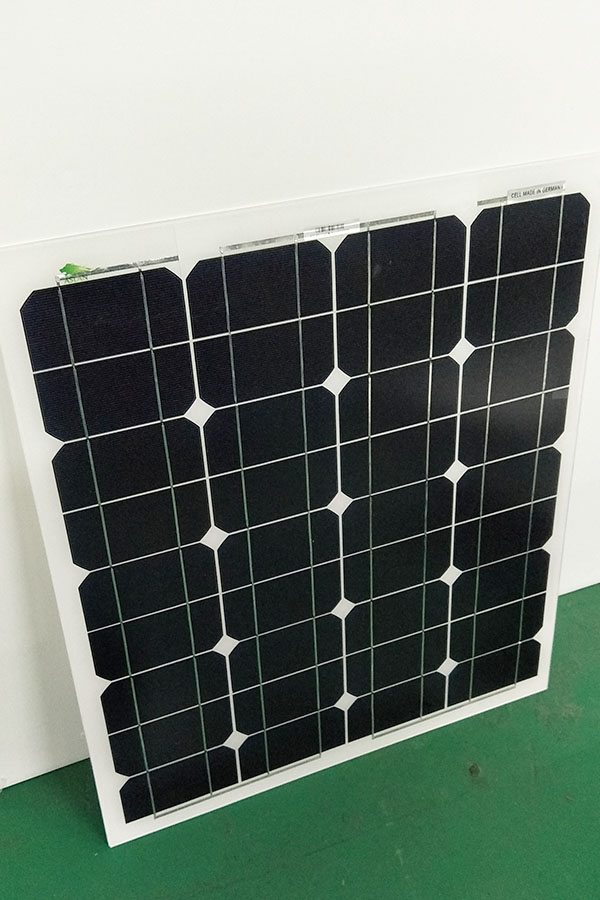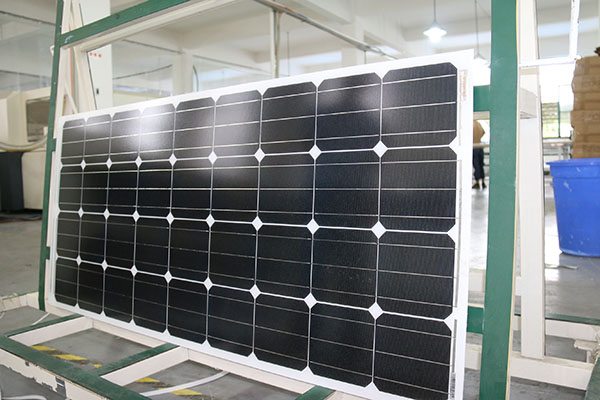40% OFF Price For Poly-crystalline Solar Panel 50W Supply to Bangladesh
Short Description:
We always think and practice corresponding to the change of circumstance, and grow up. We aim at the achievement of a richer mind and body and the living for 40% OFF Price For Poly-crystalline Solar Panel 50W Supply to Bangladesh, We sincerely welcome domestic and foreign merchants who calls, letters asking, or to plants to negotiate, we will offer you quality products and the most enthusiastic service,We look forward to your visit and your cooperation.
Poly-crystalline Solar Panel 50W
Technical parameter
Maximum Power(W) 50W
Optimum Power Voltage(Vmp) 18.43V
Optimum Operating Current(Imp) 2.71A
Open Circuit Voltage(Voc) 22.48V
Short Circuit Current(Isc) 2.98A
Mechanical Characteristics
Cell Type Poly-crystalline 156 x 52mm
No of Cell 36 (4x9pcs)
Dimensions 678x542x25mm
Weight 4.2Kg
Front Glass 3.5mm,High Transmission, Low Iron,Tempered Glass
Junction box IP65 Rated
Output Cable TUV 1×4.0mm2/UL12AWG,Length:900mm
Temperature and Coefficients
Operating Temperature(°C): -40°C ~ + 85°C
Maximum System Voltage: 600V(UL)/1000V(IEC) DC
Maximum Rated Current Series: 15A
Temperature Coefficients of Pmax: -0.47%
Temperature Coefficients of Voc: -0.389%
Temperature Coefficients of Isc: 0.057%
Nominal Operationg Cell Temperature (NOCT): 47+/-2°C
Materials of solar panel
1).Solar Cell——Poly-crystalline solar cell 156*52mm
2).Front Glass——-3.2mm, high transmission, low iron, tempered glass
3).EVA——-excellent anti-aging EVA
4).TPT——-TPT hot seal made of flame resistance
5).Frame——anodized aluminum profile
6).Junction Box——-IP65 rated, high quality, with diode protection
Superiority: high quality anodized aluminum frame, high efficiency long life, easy installation, strong wind resistance, strong hail resistance.
Features
1. High cell efficiency with quality silicon materials for long term output stability
2. Strictly quality control ensure the stability and reliability, totally 23 QC procedures
3. High transmittance low iron tempered glass with enhanced stiffness and impact resistance
4. Both Poly-crystalline and Mono-crystalline
5. Excellent performance in harsh weather
6. Outstanding electrical performance under high temperature and low irradiance
Quality assurance testing
Thermal cycling test
Thermal shock test
Thermal/Freezing and high humidity cycling test
Electrical isolation test
Hail impact test
Mechanical, wind and twist loading test
Salt mist test
Light and water-exposure test
Moist carbon dioxide/sulphur dioxide
TERA SOLAR 75 Watt Polikristal Fotovoltaik Güneş Paneli Solar Panel. Güneş Pili Güneş Pilleri. Flexi Semiflex Panel. Terli Üretim Yerli Üreticiler 10W, 20W, 25W, 40W, 50W, 60W, 75W, 100W, 120W, 150W, 200W, 250W, 300W Türkiye’de yerli üretim yapılmaktadır.
Professor Mathew White
Organolead halide perovskites are perhaps the most highly promising class of materials for next generation photovoltaics (PV). The recent demonstration of extremely high power conversion efficiency in perovskites sparked a widespread shift in the PV research communities searching for next generation materials. 1,2
In this talk I will summarize the fundamental reasons why perovskite materials appear so promising for large-scale energy production. I will also highlight some of the very real problems that remain unsolved. In our recent work, we demonstrate that the thin-film crystallization kinetics are of paramount importance for uniformity and reproducibility. Furthermore, by making steps towards improving the operational stability of the cells, we open the potential to make real-world demonstrations of the perovskite technology, including flexible, stretchable, and light-weight solar cells with the highest power-per-weight of any solar technology.3
1. Lee, M. M., Teuscher, J., Miyasaka, T., Murakami, T. N. & Snaith, H. J. Efficient Hybrid Solar Cells Based on Meso-Superstructured Organometal Halide Perovskites. Science 338, 643–647 (2012).
2. Liu, M., Johnston, M. B. & Snaith, H. J. Efficient planar heterojunction perovskite solar cells by vapour deposition. Nature 501, 395–398 (2013).
3. Kaltenbrunner, M. et al. Flexible high power-per-weight perovskite solar cells with chromium oxide–metal contacts for improved stability in air. Nat Mater 1–10 (2015). doi:10.1038/nmat4388.
